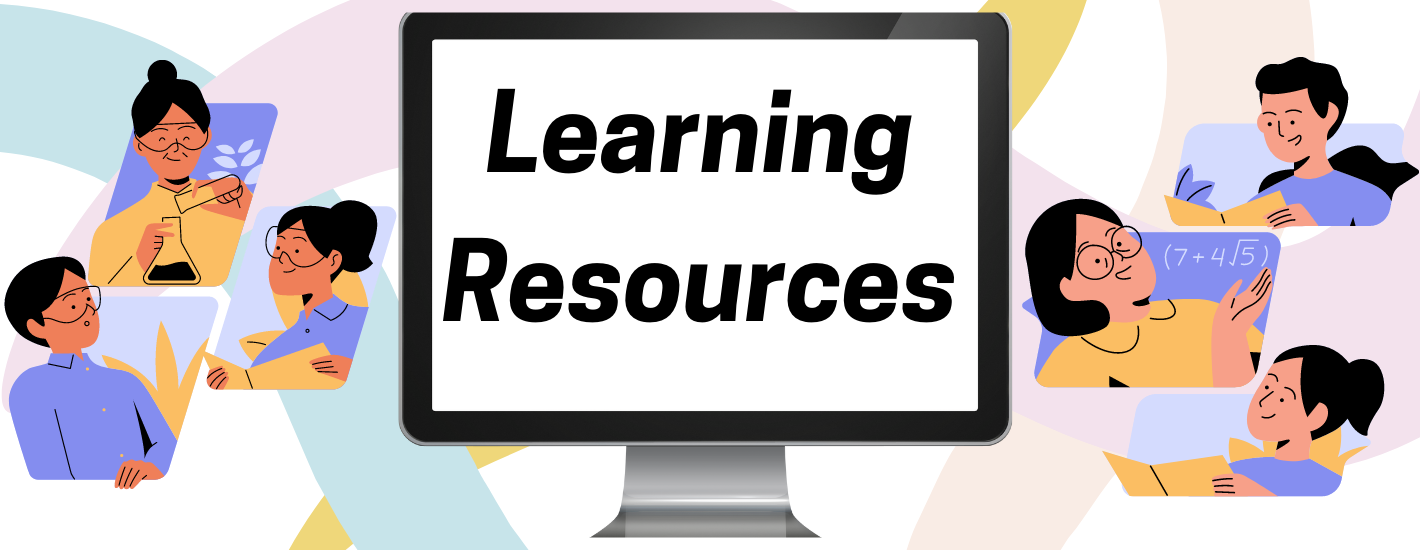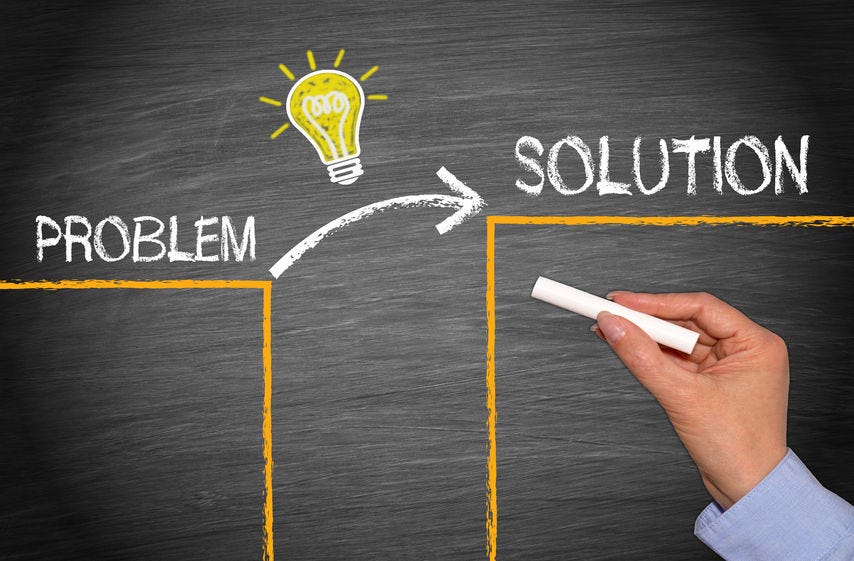
JAKARTA, inca.ac.id – In the pursuit of academic excellence, effective study habits and the right learning resources can make all the difference. Over the years, I’ve discovered a variety of tools and strategies that have significantly transformed my study routine, helping me to learn more efficiently and achieve better results. In this article, I’ll share my top learning resources and how they can enhance your academic journey.
Understanding Learning Resources
What Are Learning Resources?
Learning resources encompass a wide range of materials and tools designed to facilitate education and enhance understanding. These can include:
- Books and E-books: Traditional and digital texts that provide foundational knowledge on various subjects.
- Online Courses: Web-based learning platforms offering structured courses on a multitude of topics.
- Educational Apps: Mobile applications designed to support learning through interactive content and exercises.
- Study Guides and Flashcards: Tools that help summarize key concepts and aid in memorization.
The Importance of Learning Resources for Academic Success
- Diverse Learning Methods: Various resources accommodate different learning styles, enabling students to interact with material in the ways that work best for them.
- Accessibility: Many learning resources are available online, making it easier for students to access information anytime and anywhere.
- Enhanced Understanding: Quality resources can provide deeper insights into complex topics, reinforcing classroom learning.
- Self-Paced Learning: With a variety of resources, students can learn at their own pace, allowing for a more personalized educational experience.
My Top Learning Resources for Academic Achievement
1. Online Learning Platforms
Examples: Coursera, edX, Khan Academy
Online learning platforms offer a wealth of courses across various subjects, often taught by industry experts and professors from renowned institutions. These platforms provide flexibility, allowing you to learn at your own pace.
How It Transformed My Routine: I enrolled in courses that complemented my curriculum, which deepened my understanding of challenging subjects and provided practical applications.
2. Educational Apps
Examples: Quizlet, Evernote, Notion
Educational apps can enhance productivity and organization. For instance, Quizlet allows you to create flashcards for efficient memorization, while Evernote and Notion help organize notes and tasks.
How It Transformed My Routine: I used Quizlet to create study sets for exams, which made reviewing material engaging and effective. Evernote helped me keep my notes organized and accessible across devices.
3. Digital Libraries and E-Books
Examples: Google Books, Project Gutenberg, JSTOR
Digital libraries provide access to a vast range of academic texts, research papers, and e-books. These resources are invaluable for in-depth research and supplemental reading.
How It Transformed My Routine: I could easily find and access relevant literature for my assignments without the constraints of physical libraries, saving time and expanding my research capabilities.
4. Study Groups and Peer Collaboration Tools
Examples: Discord, Microsoft Teams, Google Meet
Collaborating with peers can enhance understanding and retention of material. Platforms like Discord and Microsoft Teams allow for seamless communication and collaboration on projects or study sessions.
How It Transformed My Routine: I formed study groups using these platforms, which provided a supportive environment for discussing difficult topics and sharing resources.
5. Interactive Learning Tools
Examples: Kahoot!, Socrative, Padlet
Interactive tools make learning fun and engaging. Platforms like Kahoot! allow you to create quizzes that can be used for self-assessment or group learning.
How It Transformed My Routine: I used Kahoot! to quiz myself and my classmates on key concepts, making study sessions more interactive and enjoyable.
Best Practices for Using Learning Resources
1. Set Clear Goals
Before diving into any resource, set specific academic goals. This will help you choose the right tools and stay focused on what you want to achieve.
2. Mix and Match Resources
Don’t rely on a single type of resource. Combining different tools—such as online courses, apps, and study groups—can provide a well-rounded learning experience.
3. Stay Organized
Use digital tools like Notion or Evernote to keep track of your resources, notes, and study schedules. This organization will save you time and reduce stress during exam periods.
4. Engage Actively
When using learning resources, engage actively with the material. Take notes, ask questions, and participate in discussions to deepen your understanding.
5. Seek Feedback
Regularly seek feedback from peers or instructors on your understanding of the material. This can help identify areas for improvement and reinforce your learning.
Conclusion
Leveraging the right learning resources can dramatically transform your study routine and enhance your academic achievement. By incorporating online platforms, educational apps, digital libraries, and collaborative tools, you can create a personalized and effective learning experience. Embrace these resources and watch as they empower you to reach your academic goals and succeed in your educational journey.
Improve Your Abilities: Explore Our content on Knowledge
Take a Look at Our Latest Article on Health Services!
#academic achievement #education #learning resources #personal experience #student tips #study tools








